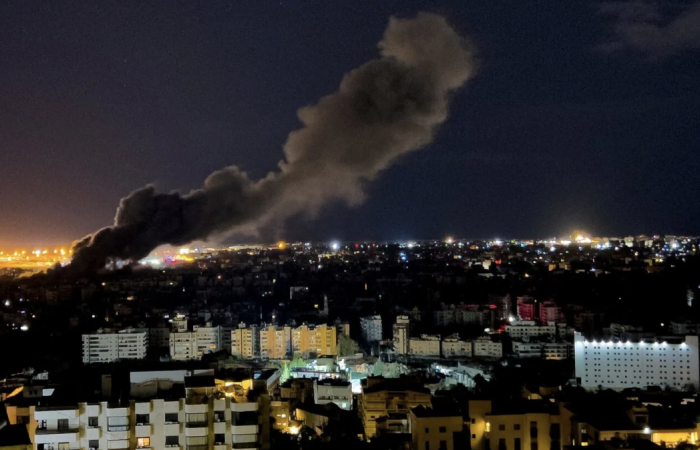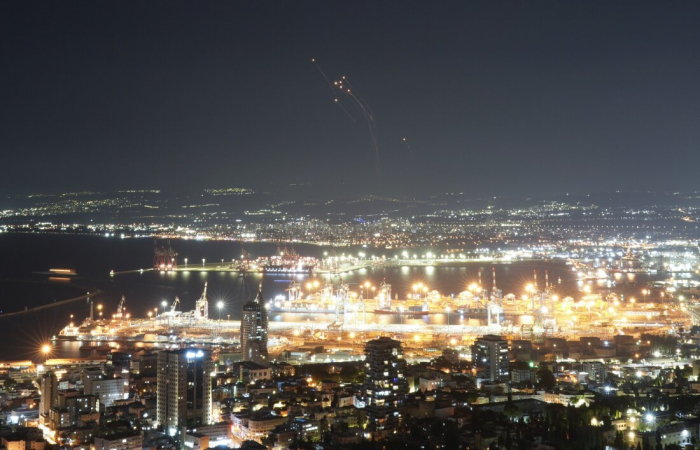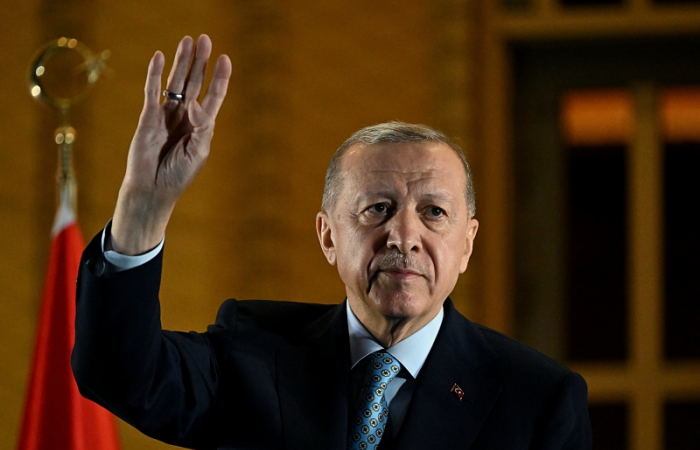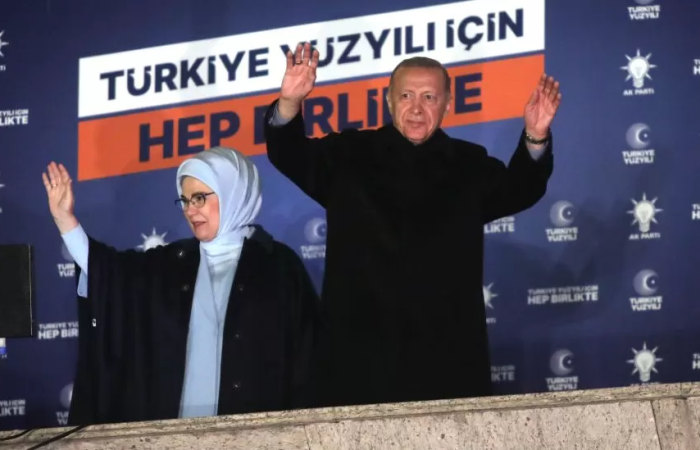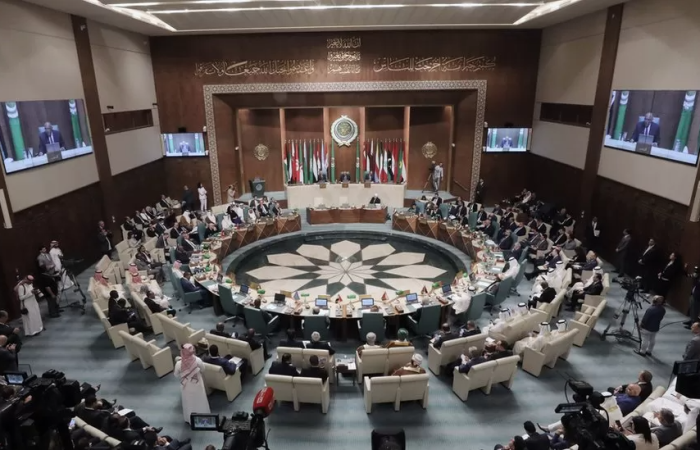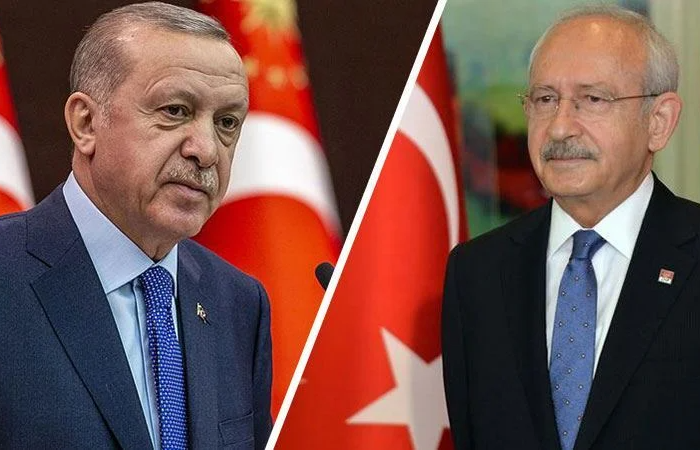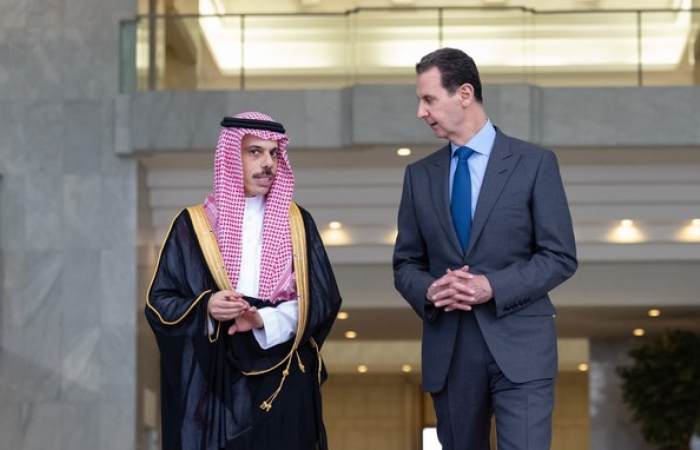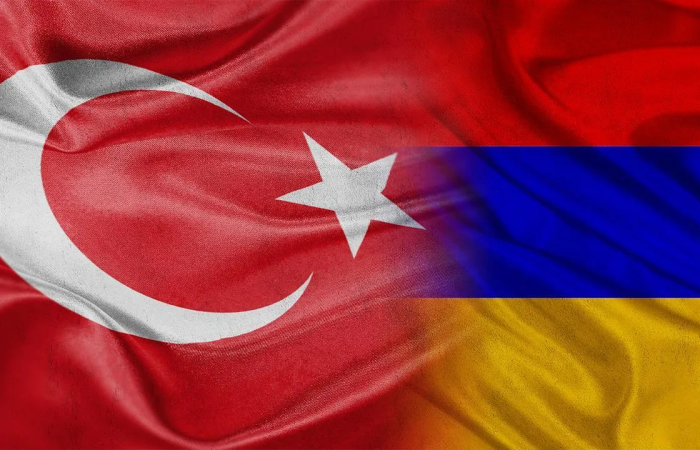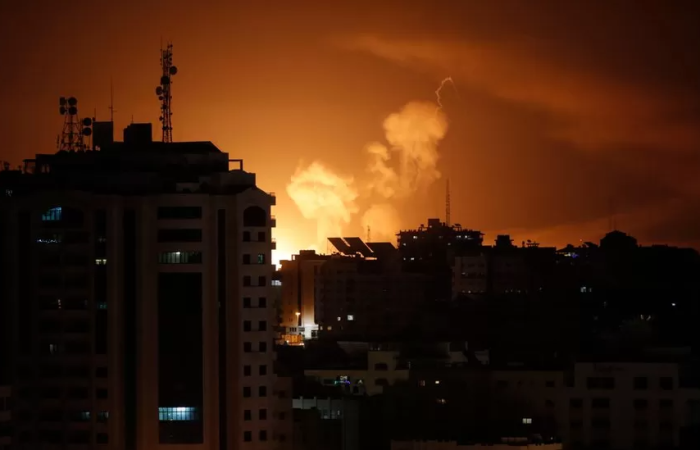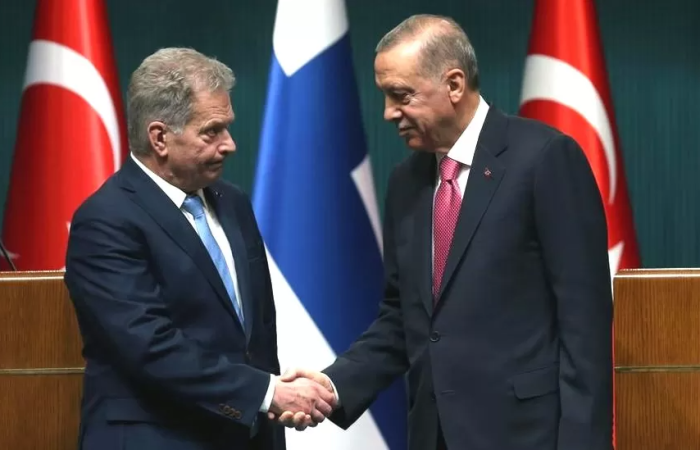Editor's choice
This is a members’ functionality. Please
Sign upNews
Trending
Erdogan wins another five years as Turkish president after hotly-contested campaign
29 May 2023
Recep Tayyip Erdogan has won another five years as the President of Turkey in a run-off against his main challenger, Kemal Kilicdaroglu. The first round which took place on 14 May saw Erdogan winning just shy of an outright majority, forcing a second round vote yesterday (28 May).
According to the state-run Anadolu Agency, incumbent Erdogan won 52% of the vote while Kilicdaroglu won 48% of the vote. Erdogan's victory means that, assuming he sees out his coming five-year term as the Turkish President, he will have been either Prime Minister or President of Turkey for 25 years.
Speaking to a victory rally in the Turkish capital, Ankara, President Erdogan said "today nobody has lost. 85 million have won as a whole. As required by the responsibility that our nation gave us, we are not upset, sad, resented or raged against anybody."
"Now it is time to leave all the discussions and debates from the election campaigning process. And to unite and get together around our national goals and dreams," he said. Meanwhile, responding to Erdogan's victory, defeated challenger Kilicdaroglu complained about what he called the "most unfair election in recent years".



